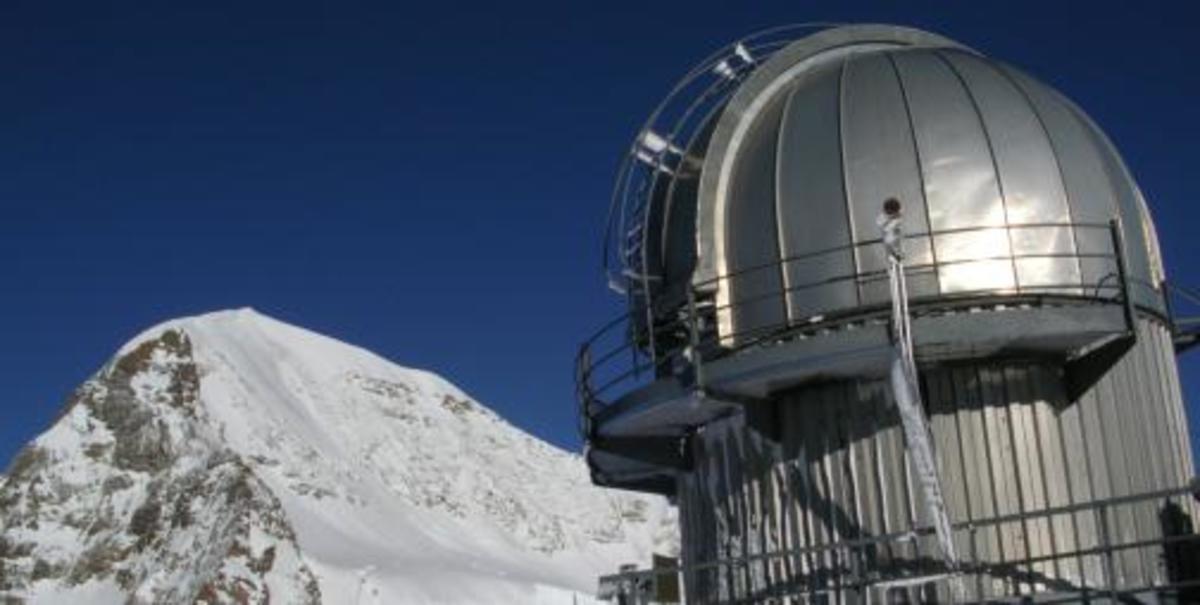Daniel Cziczo's Group
Dan Cziczo’s research group focuses on the ways in which atmospheric aerosol particles can affect the Earth’s climate system. Aerosols can directly impact climate by absorbing or scattering solar and terrestrial radiation. Particles can also indirectly affect climate by acting as the seeds on which cloud droplets and ice crystals form. Elucidating how particle properties, especially chemical composition, impact the climate system is the goal of our group.

Website:
http://mit.edu/djcziczo/
Instruments such as single particle mass spectrometers are used to determine aerosol properties including chemistry and size in situ and in real time. We also create artificial clouds in small chambers which mimic atmospheric conditions in the laboratory and field for experiments with precise control. We have found that both field and laboratory studies are required to meet our goal of understanding the effect of particles on the Earth’s radiative balance. Field studies are used to determine how particles are formed and evolve in different regions – often with their own unique chemistry. Our group uses mountaintop stations (the Jungfraujoch High Altitude Research Station, located in the Swiss Alps, is shown above) and research aircraft to gain access to ice-containing clouds which are only common at high altitude. We perform laboratory experiments both to understand the fundamental processes involved in particle formation and evolution and how they interact with water vapor to form droplets and ice crystals.